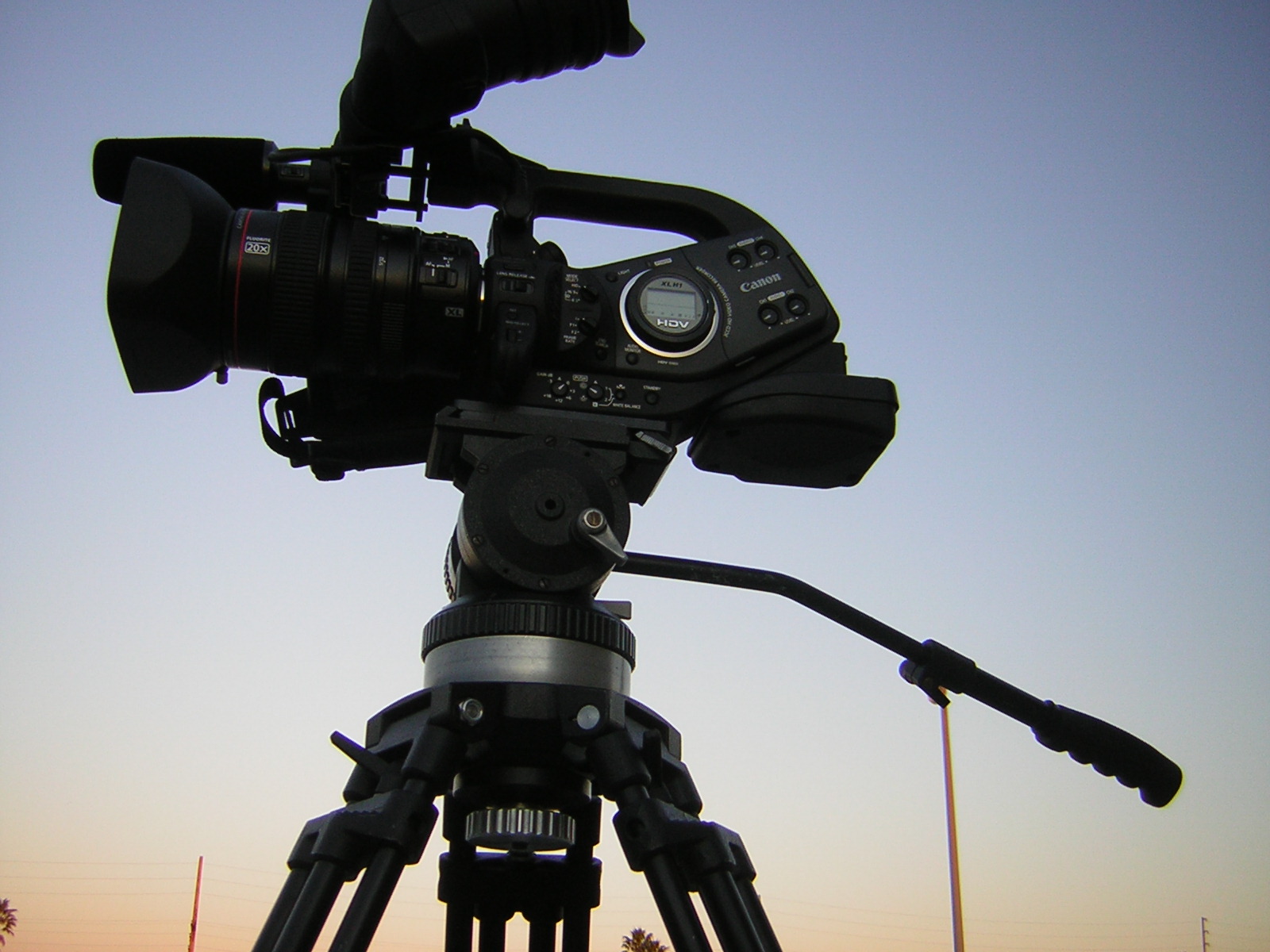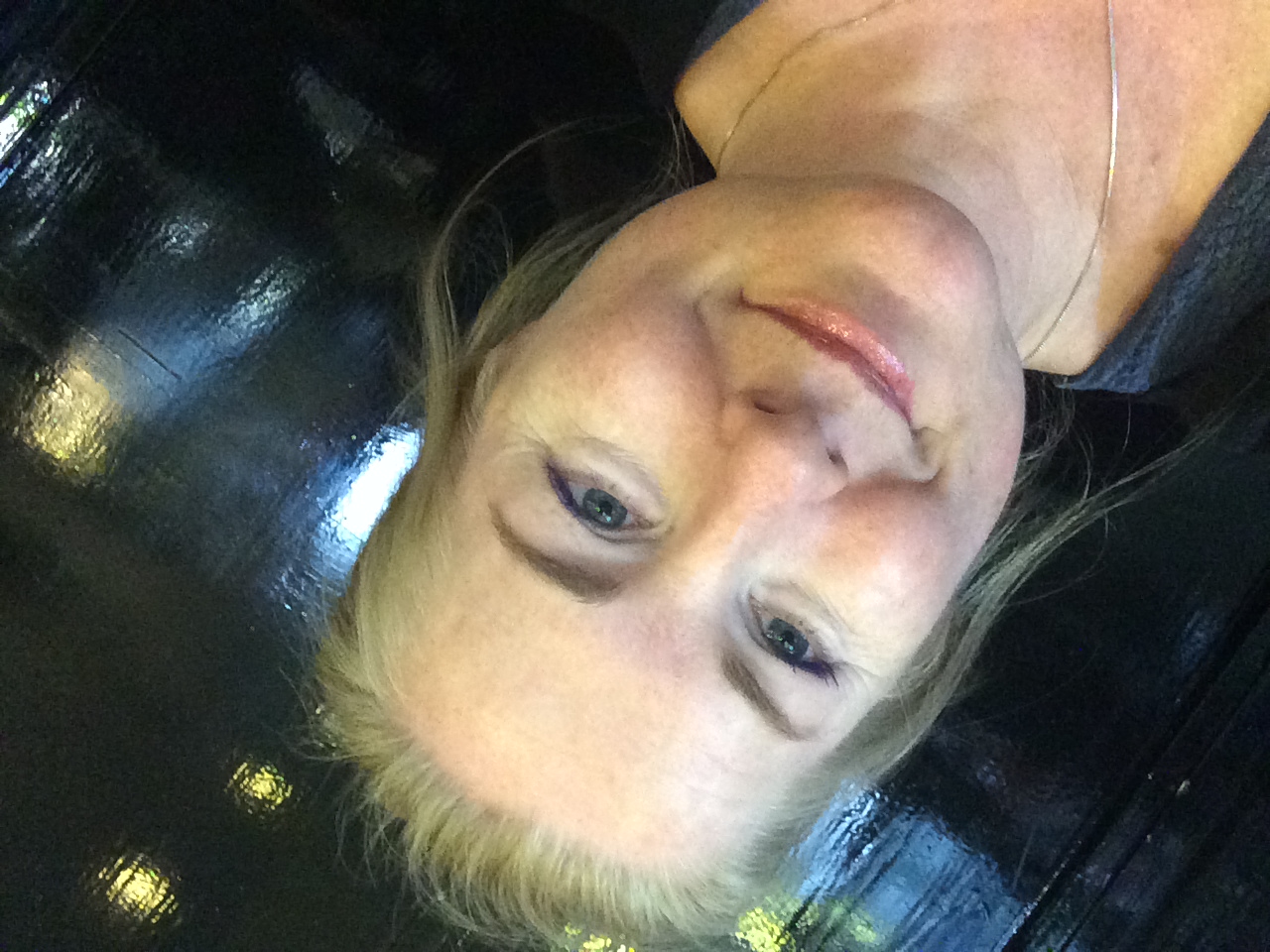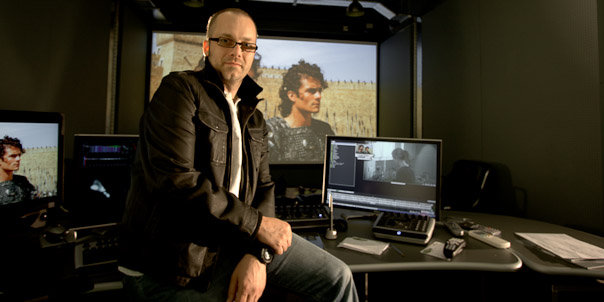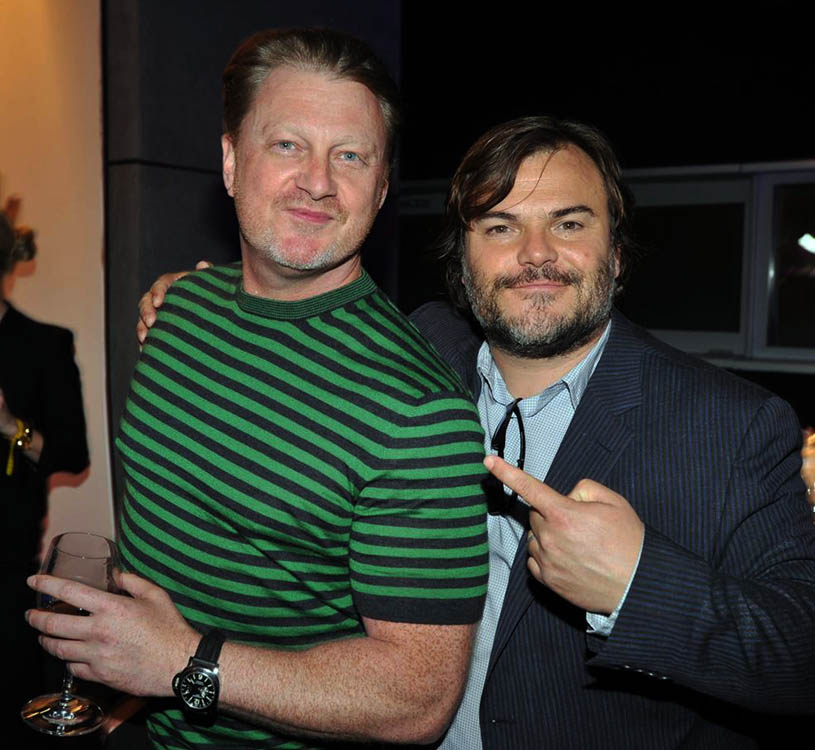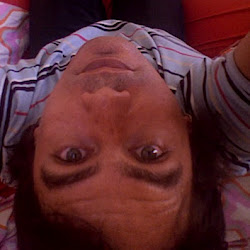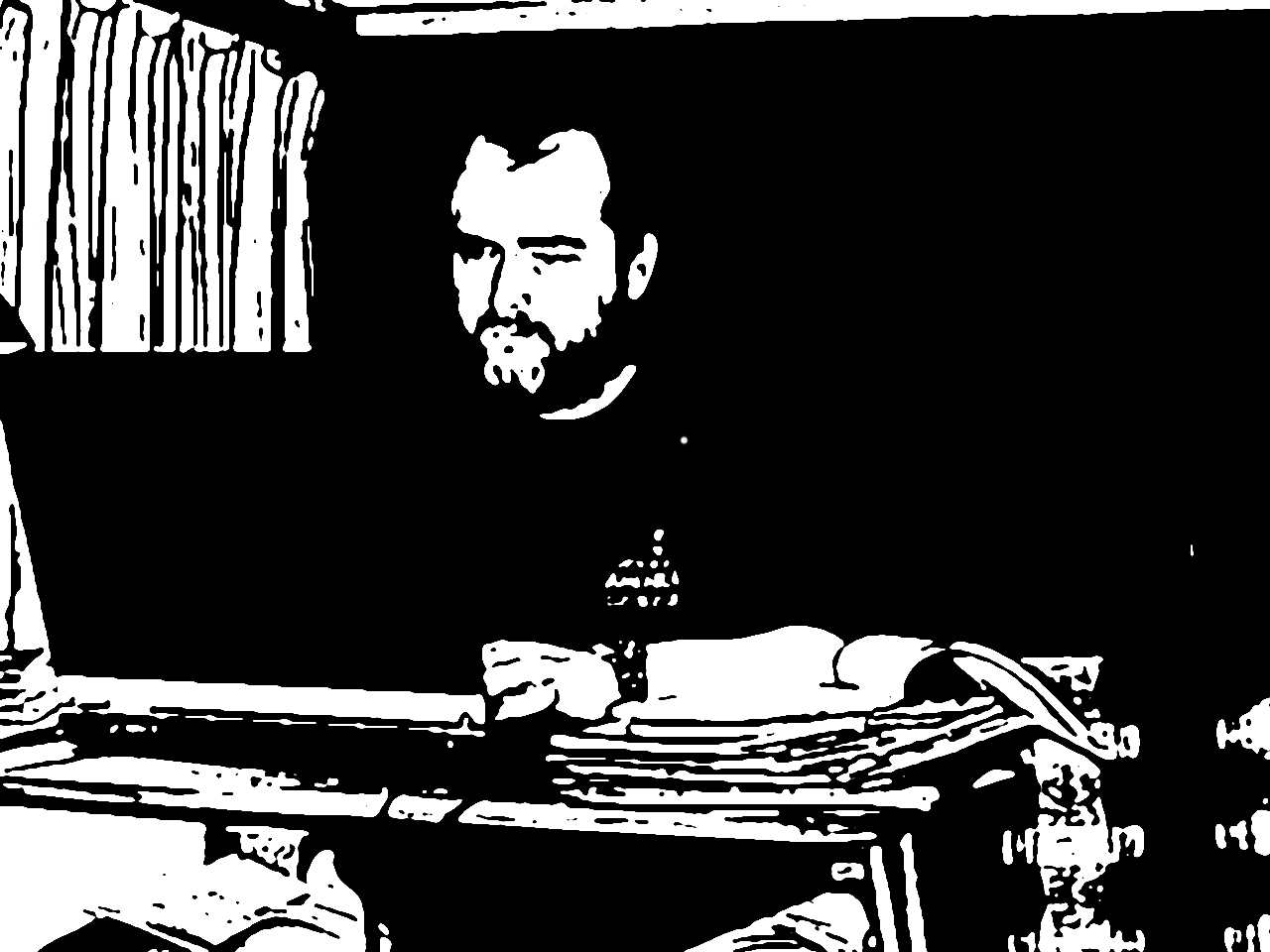ASK & DISCUSS
INDEXShould I or Shouldn’t I Use a Script Coverage Service?
12 years, 6 months ago - Matthew Prince
I was reading this article: Why You Shouldn’t Use a Script Coverage Service at http://www.scriptmag.com/features/primetime-why-you-shouldnt-use-a-script-coverage-service
It got me thinking. The writer, Chad Gervich, states that he believes script "coverage" NOT "consulting" is a rip-off since you never truly know who's reading your script, it's often expensive and that the reader may not specialize in your genre.
Excerpts:
1 You rarely know who’s reading your script.
For $100, I'll read your script. Trust me, I'm qualified.
Some coverage services use “faceless” readers and consultants; you send in your script, it comes back with a shiny, professional-looking report. But you have no idea who actually did the work. Was it someone who spent 20 years as the VP of Development at Sony Television? Or someone who spent six months as an assistant for a boutique talent agency?
2. It doesn't matter if they like your script.
Maybe you’re not looking for a “creative/spiritual coach” to get in the trenches and improve your writing. Maybe you just want a quick opinion on the quality or sale-ability of your script. Would/could your script get through the reader/evaluation process at a network, studio, or agency? Fair enough.
So you send in your script, and the coverage comes back positive. Maybe even glowing. So what?…
This means nothing. Why?…
Well, first of all, you don’t know who “liked” (or “disliked”) your script. It may have been read and covered by someone who has never developed an actual project.
3. Execs, producers, and agents do not rely on these services.
This may be the most important reason of all. Despite what coverage services tell you, most of them do not have the ear of studios, production companies, agents, or managers.
Sure, they may know people at those companies; they may have friends who work there, or old colleagues… they may even have an “open invitation” to send over material. But execs and producers do not look at these services as reliable places to find material. They may occasionally accept “submissions” from these places, but—I promise you—those submissions mostly go into the execs’ “low priority piles;” the piles of contest winners, cold queries, unsolicited submissions, babysitters’ boyfriends, etc.
------------------
So what is your opinion? As a "starving artist" I have to be careful with my money, but tell me of your experiences.
Only members can post or respond to topics. LOGIN
Not a member of SP? JOIN or FIND OUT MORE
10 years, 2 months ago - Charles Harris
Interesting discussion.
For what it's worth, I have been writing (and directing) professionally for many, many years. I also give consultations and script feedback to other writers. And I ALWAYS get script reports on my own work.
It's a collaborative art, and you can't easily judge your own work, however much your experience (look for example at late Dennis Potter, when he had the clout to over-rule his directors!)
It's also useful to have opinions aside from the producers you're working with. I look for experienced providers of reports, and will generally get two - from two different sources.
12 years, 6 months ago - Vasco de Sousa
I agree that script coverage is generally a rip off. Most of the people doing it are just jaded writers, a few read some book on "how to make 100k a year doing script coverage."
Even those who worked as executives might have been fired because they constantly picked losers and rejected hits, or tried to change the industry.
Some provide sample coverage of Hollywood hits and misses on their websites. These are kind of like small film reviews. This is a step in the right direction.
But, if a producer wants coverage, that producer will get his or her own coverage, and not from the same people who charge (largely inexperienced) writers for coverage. (Unless it's a first time producer.)
Even if the person likes your genre, that's not enough. Take horror or Romantic Comedy.
Night of the Living Dead isn't the same audience as Frankenstein,
and Sleepless in Seattle, The Apartment, My Big Fat Greek Wedding, Coming to America, Bringing Up Baby, Annie Hall, My Best Friends Wedding... well, not many people like every one of those films.
A lot of people who hate romantic comedy love my current script. But I wouldn't call it a horror or a sci-fi.
12 years, 6 months ago - jane foster
Matthew, I couldn't agree more - as a script editor, pro trained and passionate about the craft of screenwriting, I really believe that good scripts happen as a result of good editors and feedback and coaching - and to just have a one off report done is never really going to help you grow as a writer unless the person reading is a professional editor who really does know their craft, rather than someone who is just reading and writing reports to get further up their own career path. However, it's hard to tell the difference sometimes! But the things that help you decide who's right for you are - track record, look at what a script editor has achieved - and not in the 'I've done 3 zillion reports' kind of way, which tells you nothing but that they are good at marketing - and how many of their clients come back for more and use them all the time? How many of their clients come for a report but stay for coaching? how many end up with scripts that really are better - ( the proof being that production companies actually want to read them and use the writer) Also, price. In my experience, the better, and more helpful feedback I had when I was learning wasn't cheap - the fact is that it takes 4 - 7 hours (depending!) work to write a good report and digest a script properly, and personally speaking, after training and working my way up - I can't afford to work for minimum wage and I don't, and no good editor will. Hope this helps!
10 years, 2 months ago - Vasco de Sousa
Tim Bevan's not a writer. Does he even have one writing credit?
The money he spent on development was on hiring writers to write scripts, and maybe other writers to rewrite the scripts. These were stints that lasted many weeks, or months (or maybe even years) at a time, not quick box-fillers.
As a producer I might consider script coverage services; but as a writer? no.
12 years, 6 months ago - Dan Selakovich
Matthew, FYI: the average position of a Development Exec. is 2 years. I can say with confidence that a 20 year D. exec. doesn't exist. I've had tons of coverage from the major studios, and that is the only way to go about it: If all of them see the same problem, then you probably do have a problem. One bit a coverage from one reader won't get you anywhere. And coverage is really, really, basic. You'll get a rating on various things like dialogue, plot, etc. And a short paragraph on the reader's opinion, with a rating as to whether or not the script should be moved up the ladder. In the case of PAID coverage, there is no ladder to move it up. A total waste of time and money.
10 years, 2 months ago - Lee 'Wozy' Warren
@vasco de sousa - Be interested to hear how you go about determining the quality of your scripts and the value to producers in the market place.
Wozy
10 years, 1 month ago - Dan Selakovich
Let's not conflate SCRIPT COVERAGE with SCRIPT CONSULTING or deep analysis, as a few posts seem to be doing. They are two very different things.
Coverage is a bare bones analysis of your script. It is used by studios and producers to determine whether or not, simply, if a script is worth their time to read. In other words, if a reader gives it a "consider" it moves up the line. It is a necessary step for studios and producers who have very limited time.
Consulting is a more complete analysis of a script. Compare it to a good fiction book editor.
Coverage might say "this script does not have conflict in every scene." Pretty vague. A good script consultant will say "here's how you can build conflict in scene 42."
Here's where script coverage can be a help: you think you have a perfect script and can't possibly make it better. Now, send it to 12 readers for coverage. Only then can you find out what you've really got. One piece of coverage from one reader isn't going to be of much help. I've been through the studio reader gauntlet twice now (with 2 optioned scripts). In my experience, they weren't much help in improving the script. They were a great help in determining whether a studio found them to be a good investment (this was back in the days when studios funded mid-range features).
Surely you have 10 writer friends who could read your script and give notes. Or possibly take a screen writing course at a University. You need a lot of opinions to improve. That is completely necessary.
I think it would be better to spend $600 on one consultant who not only knows screen writing, but the current marketplace, than 10 readers at $60 a pop for coverage.
Here's coverage for "The Truman Show". This is typical for good, solid coverage. Most are not this complete:
https://drive.google.com/file/d/0Bz2C4aWET9rKOTMxNDE5ZGQtNmFmMy00MDBkLWExNjUtNDQ2MDE4ZDMyZjgw/view?ddrp=1&hl=en
Good luck!
10 years, 1 month ago - Industrial Scripts
My point about the Bevan quote is that he believes in the very notion of spending money on script development. And the sheer volume of cash WT have ploughed into getting material analysed by external readers, on script editors, on dialogue polishes, script doctors and development executives, beggars belief. At one point, you could have sent a golf ball to Working Title and they would have commissioned a script report on it. For us, we still have absolutely no idea how a writer could know whether his script was good enough to show to anybody, in a climate this competitive where everyone's shots at impressing have reduced so much, without script coverage. Victoria
10 years, 2 months ago - Industrial Scripts
@Jez Morrison hi Jez (and all), I'm the General Manager of Industrial Scripts. We're a specialist script development company backed by the Curtis Brown Group and Shooting People. We're the only script development service online to open ourselves up to Google-verified customer reviews (these are reviews that are collected without us being part of the process, that are verified by PayPal transaction IDs, and rubber-stamped by Google as genuine).
You can view almost 200 client reviews about us (including some stinkers!) on Reviews.co.uk, here: http://www.reviews.co.uk/company-reviews/store/industrial-scripts-screenplay-editors
We stand by the quality and transparency of our service to writers and filmmakers.
Victoria
10 years, 2 months ago - Industrial Scripts
Even taking our obvious bias to one side, we'd humbly disagree with much of the above.
The chief gripe about script coverage is that it is often provided by under-qualified individuals who haven't assessed 3,000+ projects for major film and Tv companies, have never worked at the sharp end of development, in-house, for prod cos of significance, and who are doing it for a temporary buck so their rent gets paid that month and because it's more appealing work than, say, flipping burgers. (consider our article "11 Reasons for the High Turnover of Script Consultants": http://screenplayscripts.com/script-consultant-turnover/)
But they key question here is - where do you shop? Which company/individual did you use? Did your due diligence before selecting the consultant? To what extent did you dig into their background?
If you picked Joey Nobody who doesn't even know who the Commissioning Executive at FilmFour is (let alone getting a meeting with him), just graduated with a screenwriting degree and peddles notes for £30 a pop...well, all logic points to you having an unsatisfactory experience with script coverage, and then taking a dim view of it moving forward.
If, however, you shop elsewhere, spend more money, and get some terrific notes back that provide the critical difference to your script (and therefore your project, because unless you have significant talent attachments all anyone cares about is how good the script is), then you'll logically take a different view.
There are many giant, crater-sized holes in the argument that QUALITY (note: quality) script coverage is a waste of time and money. I'll raise 3 of these holes:
1. Every year, filmmaking in both indie and studio sections gets more competitive. Talent attachments of significance are far beyond most filmmakers in the indie sector. What are you left with then, to gain traction with your project? The script. And that's it. If a piece of great coverage delivers even a 5-10% gain to the only card most newer filmmakers have to play, then it's probably worth the investment, no?
2. When you talk to most credited producers - producers of note making movies at a decent budget level - they'll never bash script coverage. Ever. With hand on heart, I have never, ever heard a producer of note bash the notion and value of script coverage and the lion's share wholeheartedly and enthusiastically endorse it. Why is that? Why do the very buyers of the product themselves (and the ultimate judges) not attack script coverage? Just throwing this out there: it might be because they don't read enough great material, too many undercooked, underdeveloped scripts come their way from writers who are naturally disinclined to taking and absorbing criticism of their work and would rather push it out as fast as possible following a couple of soft reads from people who don't read scripts for a living all day, every day, and as the buyers they want to buy better material? It's just a thought...
3. The whole player-coach thing rattles on and on and on, with barely any logic to back it up. Can't write brilliant script notes, wasn't a great writer. Actually CAN'T do it, because ISN'T a great writer. If we followed that rationale, then every single world-class sports player who then turned to coaching and management would be world-class at that too. History has taught us otherwise - there is a very, very long list of brilliant sportsmen who couldn't feedback, couldn't analyse, couldn't coach, couldn't offer insight, couldn't offer objectivity, couldn't deliver assistance, couldn't deliver constructive criticism, couldn't deliver advice BECAUSE THEY DIDN'T HAVE IT IN THEM. Again, for clarity: the fact that they could play (write) did not automatically transfer to them the skillset to advise and consult (do coverage). THEY DIDN'T HAVE THE SKILLSET. Now, why on earth would anyone think, on that basis, that just because a script consultant hasn't written any scripts that their notes wouldn't be brilliant? How do we explain the fact that the script consultant Kate Leys has never written a script in her life but is relentlessly booked up for coverage and consulting work by most of the UK's biggest producers (incl BAFTA and Oscar-winning ones)? Can you shed any light on why that might be? She's never written a script, so she can't possibly write notes and feedback of value, right?
Here at Industrial Scripts it's frankly hugely depressing to us that the tradecraft of script development and script coverage is still subjected to these sporadic attacks because it merely holds a mirror up to how disconnected some people are from the realities of getting scripts a) great and b) made.
Tim Bevan once said that every penny he'd spent on development had come back to him tenfold and in our opinion all writers and filmmakers would be wise to follow his lead...
(and we'd cheerfully encourage you to book elsewhere if you see fit, we have our core client base and are very comfortable with it).
Best,
Victoria Carrington
GM, Industrial Scripts
http://screenplayscripts.com/
http://www.reviews.co.uk/company-reviews/store/industrial-scripts-screenplay-editors
10 years, 2 months ago - Adam Ethan Crow
I would say join a writing group and workshop it rather than pay some guy working part time at pizza hut with an online degree who's short film came second in a film competition ran by his brother. So no.
12 years, 6 months ago - Bruce Thomas
I had exactly the same dilema :D And this is what I decided to do after I got so much contradictory advice regarding script coverage services.
Just so you know, I have had script coverage before, when I first started writing, and the truth is I did not feel it was worth the cash. And on top of that I was not convinced the reader had actually read the script in it's entirety. The notes felt like they where written during the read. I could be wrong, but that is how it felt. Perhaps I did not have enough experience writing to get take the criticism.
Years have passed since then, and with a few more screenplay's under the belt, I completed the first draft of my most recent screenplay 'DISINTEGRATION' and I wanted script notes to inform the next rewrite. I spoke to a script consultant (to feel them out) and then decided to not to go that route.
I searched the internet for correspondance screenwriting courses and enrolled in one. And I will definitely do this again. It was only moderately cheaper, but the course was spread over 10 weeks, and all the participants (10-12 in total) are obliged to read and remark on each others work, while revising the craft of screenwriting. And lastly the lecturer would also give her notes on your work.
- It gave me a weekly structure to re-write,
- Reading other work, and comments on the work (good & bad) informed my own learning
- I got "real people" feedback, ie. market research for your script
- I made some contacts in a different part of the world
And if this is not for you there is one other avenue which I use to get script notes ... contests. However this is by far the most expensive route to take, especially if you are in the early draft.
The best notes I got were from the CreativeWordAward contest. You pay a bit extra on the entrance fee and you get the judges score card. That was very useful insight into what they are looking for, and again, a bit more market research.
If you want to see what the score card is like then go here - this is what I got for my short film entry.
http://fliptopbox.com/disintegration/overview.php
There you can see how the notes are split into headings: basics, characterisation, structure, dialog ... etc, and each division is given a score.
I hope this helps, and you know the other thing you could do is ask Shooters for a read swap, I read yours you read mine.
The most difficult thing about writing is getting read.
12 years, 6 months ago - Andrew T. Wright
Totally agree with all of the above and I'll add my tuppence worth; script coverage isn't worth a shit to an individual, it's mainly and most effectively used by high volume U.S studios and prodco's. In fact even the term "Coverage" is a relatively recent addition to the UK terminology, before the U.S "Coverage" was imported to make it sound as if the UK has a huge film industry on par with Hollywood, we simply had a script report or feedback.
The best and easiest way to get good, cut to the bone, make you want to cry and run back to the night shift at Tesco's feedback on your writing is to get/ask other writers who are better than you to read your script. Don't bother with these ex-dev, ex- head of this, ex-head of that, they've never written fuck all and couldn't. So go to the people who do write and when they've ripped you to pieces, take in on the chin and re-write, then go and do it again and again. Then when it is 100% better, do it again and keep doing that until the writers who ripped you apart now say stuff like "That ain't bad", "I liked that bit" or "What happens here", then you'll know you've improved. When you think your really ready, then get a shit hot script editor. A good, no a great editor is worth their weight in gold and can do wonders for you. A shit one will bring you back to square one. And don't bother with the ones that use the script editor title as a stepping stone to the AP then Producer title either, they are generally fixated on show format and number of "Acts" and only in the job 6-months then move on. So go for a career script editor with a great track record. Yep, you'll have to pay good money for them, so that's why you shouldn't waste their time or your money on sending something that isn't anywhere near the grade to warrant a good script editor.
Another good way to hear where your script fall down is to drag some actors out of the pub and get them to do a read-through on the promise of a tenners worth of pub money when they're done.
The bottom line is that there isn't any magical short cuts, there is no magic book and no magic password or secret society that will open the golden gates to commission land. If you want to be a writer you have to write, if you want to improve you have to write more, if you want to get good you have to re-write and know why you're doing it and you have to learn that yourself....oh yeah and read a script each day, all of 'em, the crap the good the Oscar winners - all of 'em.
12 years, 6 months ago - Lee 'Wozy' Warren
Feedback should be seen as an essential tool and intergral part of the writing process. Without it you are alone in your work and thoughts. If you are uncertain as to whether one or another service can offer any value to your work/career, ask for other people's thoughts on that company or person. Or ask for recommendations. And don't just use one service, find a few different ones and combine the feedback. If one isn't working out, dump it and find another. You want 'notes' not 'comments' remember. Never ask family or friends. It takes skill to 'read' a script and understand the different elements that make a script/story work.
I personally work with three different sources of support to get 'notes' on my scripts. I also work with a mentor from time to time, depending on the project.
I think that asking the right question will help with developing your career. Instead of asking "Should I or Shouldn’t I Use a Script Coverage Service?" maybe you should ask, "Can anyone recommend a good script analysis service?"...
My 2c worth.
@wozyW

